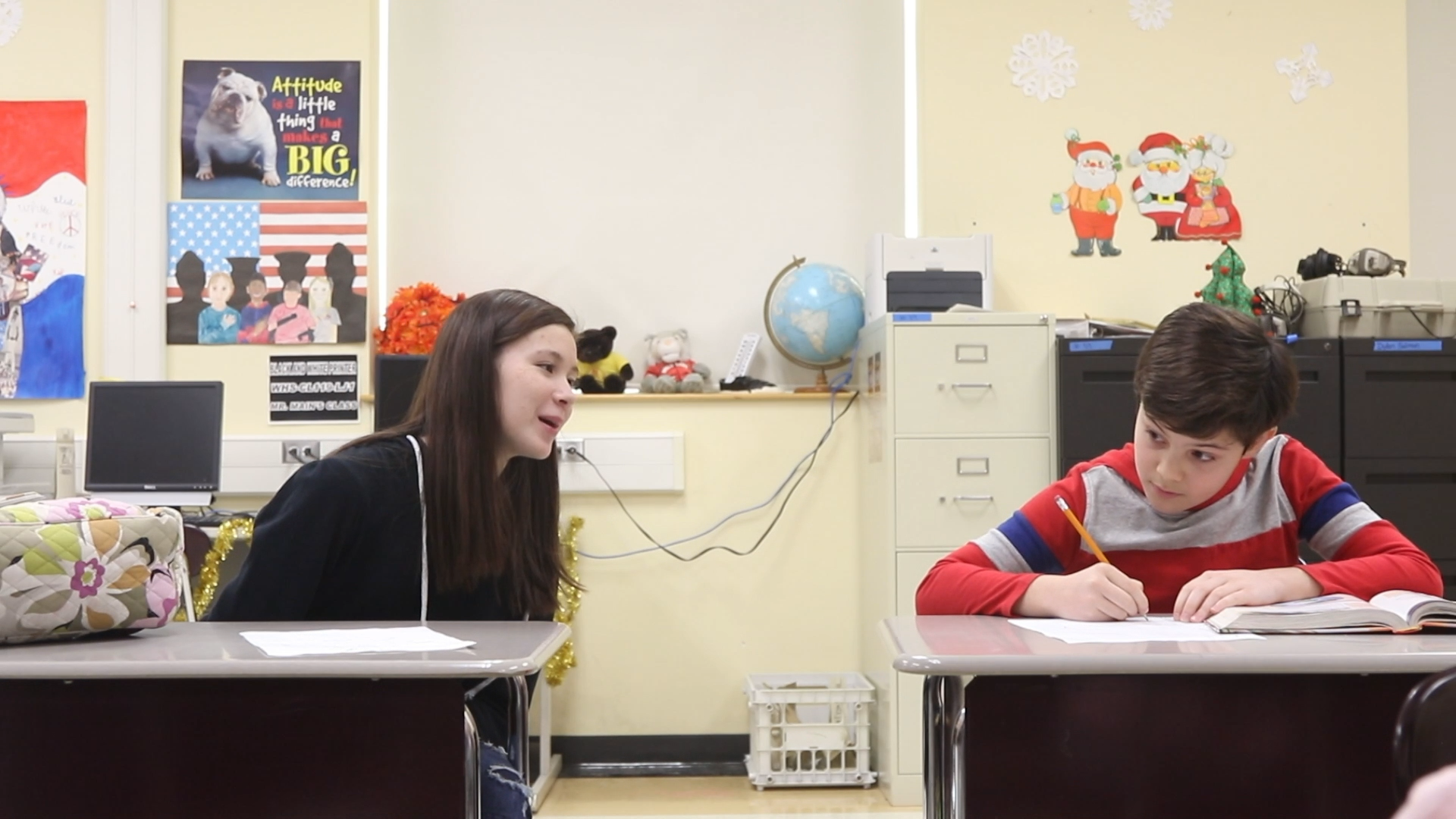
Introduction
Being tuned in means being aware of our own actions and the actions of others around us. It involves ensuring that our actions fit the current situation and considering whether it’s the right time and place for those actions. If we don’t tune in, we might do something that doesn’t fit the situation and makes others feel upset or uncomfortable. This blog post will discuss the skills needed to teach middle school students how to be tuned in, including a no-prep activity, discussion questions, and related skills.
No-Prep Activity: Silent Movie
This activity requires no preparation or materials from the educator. Have the students form a circle. One student will start by acting out a simple action, such as yawning or tying their shoelaces. The next student should observe the action and then perform an action that is appropriate for the situation, such as covering their mouth when yawning or helping the first student tie their shoelaces. The activity continues around the circle, with each student observing the previous action and performing an action that fits the situation. This activity encourages students to be tuned in by paying attention to the actions of others and responding appropriately.
Discussion Questions
- Why is it important to be tuned in to our surroundings and the actions of others?
- Can you think of a time when you or someone you know wasn’t tuned in? How did it affect the situation and the people involved?
- What strategies can you use to help you stay tuned in to what’s happening around you?
- How can being tuned in help you build better relationships with your classmates and friends?
- Why is being tuned in important for both academic success and personal growth?
Related Skills
There are other social-emotional learning skills that go hand in hand with being tuned in. These include:
- Active Listening: Paying close attention to what others are saying, asking clarifying questions, and showing empathy can help students be more tuned in to the feelings and needs of others.
- Self-Awareness: Recognizing and understanding our own emotions, strengths, and weaknesses can help us make better choices and be more tuned in to how our actions affect others.
- Self-Regulation: Managing our emotions and behaviors in different situations can help us stay focused and in control, allowing us to be more tuned in to the present moment.
- Empathy: Understanding and sharing the feelings of others can help us be more sensitive to their needs and more tuned in to how our actions may affect them.
Next Steps
Teaching students to be tuned in is an important aspect of social-emotional learning that can help them succeed both academically and personally. To further explore teaching resources and materials related to being tuned in and other social-emotional learning skills, we encourage you to sign up for free samples at Everyday Speech.

